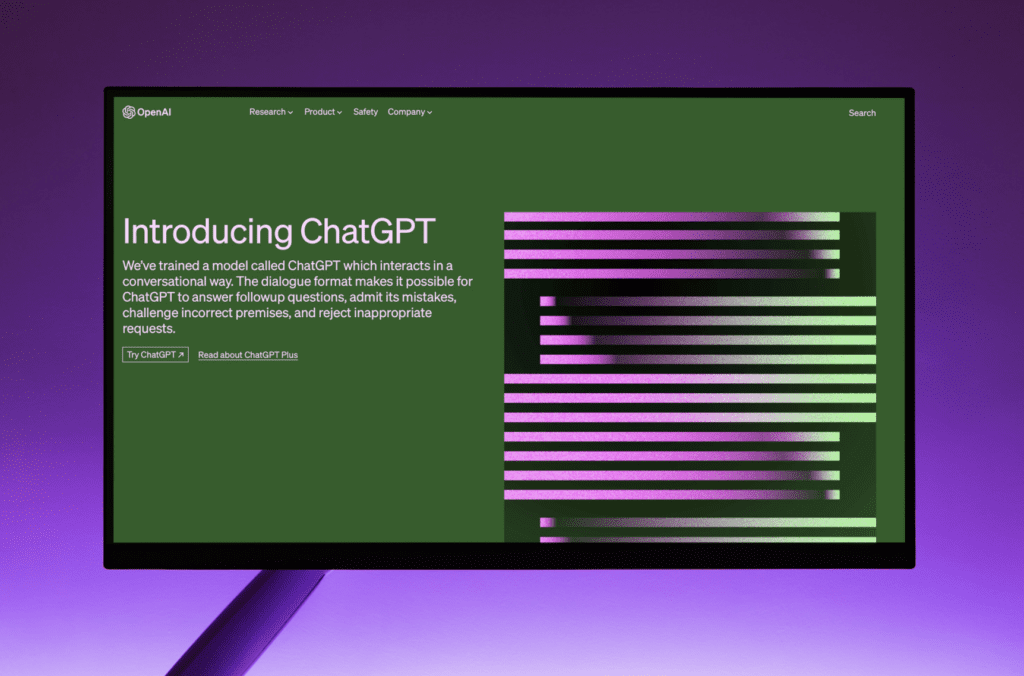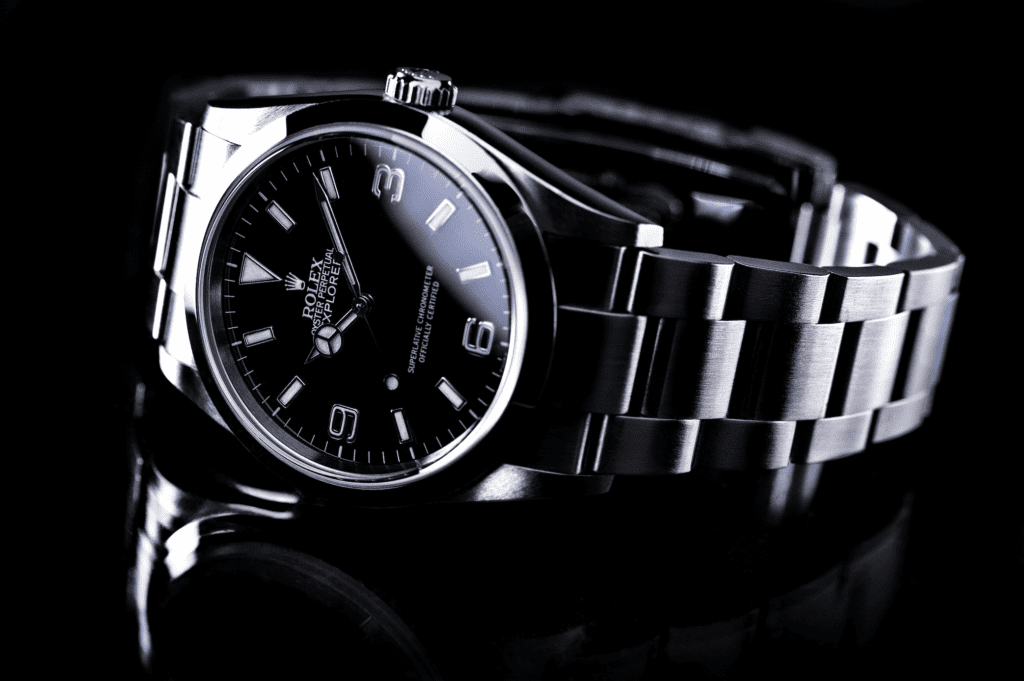Microsoft is looking to escape part of the AI-centric lawsuit that is being waged against it and OpenAI by the New York Times. In a March 4 motion to dismiss, the tech giant urges the court to toss out the New York Times’s contributory copyright infringement, Digital Millennium Copyright Act, and unfair competition by misappropriation causes of action, arguing that the publisher fails to state a claim on these fronts. More broadly, Microsoft argues that the Times misses the mark in its complaint, including by way of its “unsubstantiated suggestions that the public’s use of GPT-based products harms the Times, and thus poses a mortal threat to ‘independent journalism’ at ‘a cost to society [that] will be enormous.’”
Mirroring the motion to dismiss that OpenAI filed on February 26, Microsoft asserts that not only does the use of content to train AI-powered large language models “not supplant the market for the works,” as it merely “teaches the models language,” such use of “is the essence of what copyright law considers transformative – and fair – use.” In particular, Microsoft contends that the Times’s suggestion that there is “nothing ‘transformative’” about a program’s “evaluat[ion] of massive amounts of text, conver[sion] of that text into trillions of constituent parts, [its] discern[ing] of the relationships among all of them, and yield[ing] of a natural language machine that can respond to human prompts” as a result “ignores extensive authority holding otherwise.” (Microsoft’s counsel says that it will show this on summary judgment.”)
Some Background: The New York Times filed its headline-making AI-focused copyright suit against OpenAI and partner Microsoft in a New York federal court in December. According to the complaint, the defendants are on the hook for making “unlawful use of the Times’s work to create artificial intelligence products that compete with it [and that] threatens the Times’s ability to provide [trustworthy information, news analysis, and commentary].” The defendants’ generative AI tools “rely on large-language models that were built by copying and using millions of the Times’s copyrighted news articles, in-depth investigations, opinion pieces, reviews, how-to guides, and more,” the paper asserts, setting out claims of copyright infringement, violations of the Digital Millennium Copyright Act (“DMCA”), unfair competition by misappropriation, and trademark dilution.
In the newly filed motion to dismiss, Microsoft challenges three of the Times’s claims, arguing at a high level that: (1) the Times fails to state a claim for contributory copyright infringement based on ChatGPT user outputs, as its complaint does not allege an actionable instance of end-user copyright infringement or Microsoft’s knowledge of direct infringement; (2) the Times fails to state a DMCA s. 1202 claim, as it does not plausibly allege Microsoft’s intent to induce, enable, facilitate, or conceal infringement by removal of copyright management information (“CMI”), nor does it allege “removal” of CMI from copies of identical works; and (3) the Times’s unfair competition by misappropriation is preempted by the Copyright Act.
Delving into these three based for dismissal, Microsoft asserts …
Contributory Copyright Infringement: “First, the Times alleges that Microsoft is contributorily liable for end-user copyright infringement through use of GPT-based tools. But it alleges no end-user infringement at all, and thus no knowledge on Microsoft’s part that end-users are making infringing use of LLMs that have a universe of entirely lawful uses. The claim is therefore the exact one the Supreme Court rejected when it blessed the VCR.”
DMCA (17 U.S.C. s. 1202(b)): Second, the Times alleges that Microsoft violated the Digital Millennium Copyright Act’s CMI provisions. Those provisions are designed to prevent defendants from removing CMI from a copy of a work where doing so is likely to facilitate infringement or make it harder to detect. The Times never explains how this would happen in the real world. Its only examples are derived from its own prompts for particular Times content, which would require the user to already know the genesis of that content. And in any event, the outputs the Complaint cites are not copies of works at all, but mere snippets that are not cognizable under s. 1202(b).”
Unfair Competition by Misappropriation: “Third, the Times repackages its copyright claims based on GPT-model outputs as state-law misappropriation torts, suggesting that the GPT-based tools appropriate ‘time-sensitive’ news and Wirecutter reviews. Again, this is purely theoretical. But even if it were not, the claims are preempted by the Copyright Act, which does not permit plaintiffs to evade key limitations like fair use by dressing up copyright claims as state-law torts. Directly applicable Second Circuit law mandates this result.”
“Once the claims challenged here are dismissed,” Microsoft says that it “looks forward to litigating the issues in this case that are genuinely presented, and to vindicating the important values of progress, learning, and the sharing of knowledge.” A dismissal of the aforementioned claims would leave the Times’s direct and vicarious copyright infringement and its trademark dilution claims in place.
Opting not to push for early dismissal of the key claim in this case, direct copyright infringement, is not an unprecedented move. In fact, OpenAI is taking this same approach in response to copyright infringement cases waged against it by a number of authors, including Sarah Silverman. As TFL noted on the heels of OpenAI filing motions to dismiss in those cases this summer, the generative AI giant is almost certainly angling for a fair use-framed win on the direct copyright infringement claim in order to help it to prevail in other existing lawsuits, as well as to prevent the filing of additional suits of a similar nature in the future.
The case is New York Times Company v. Microsoft Corporation, et al., 1:23-cv-11195 (SDNY).











